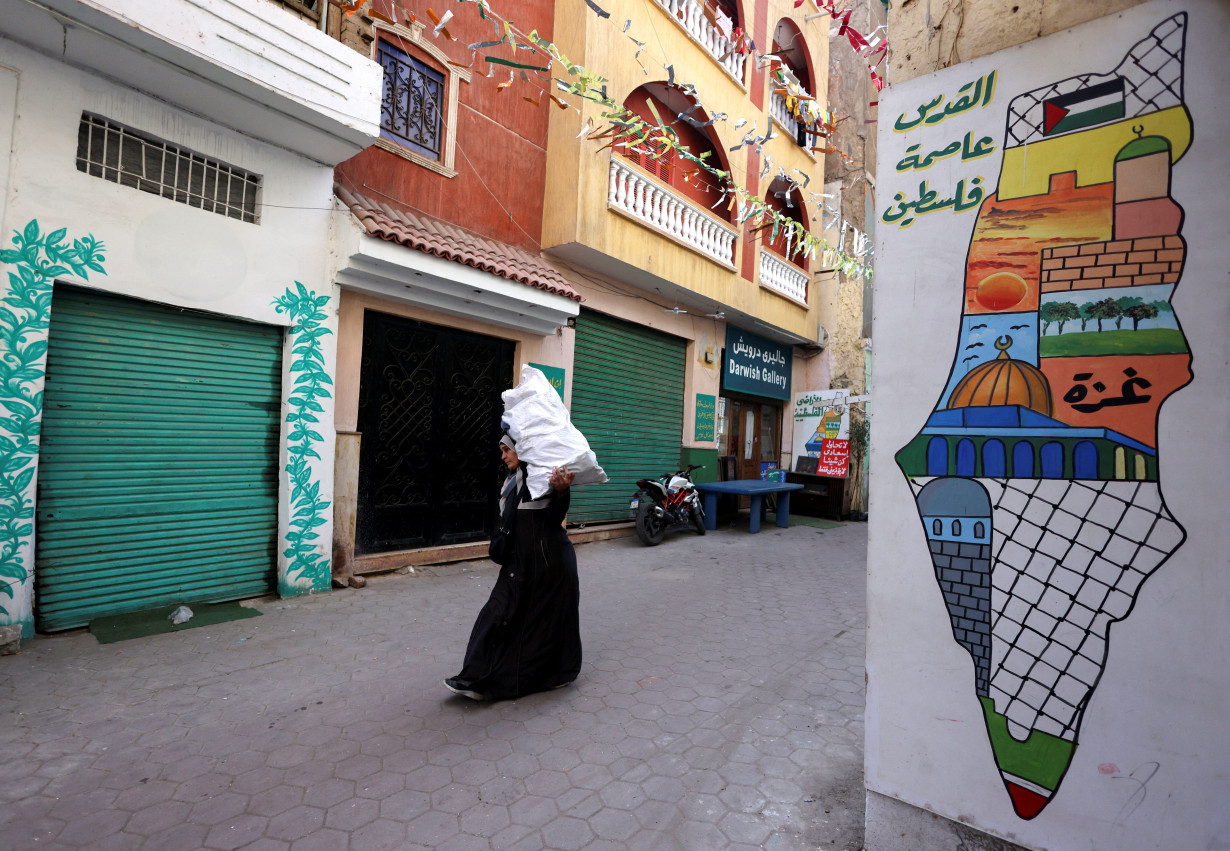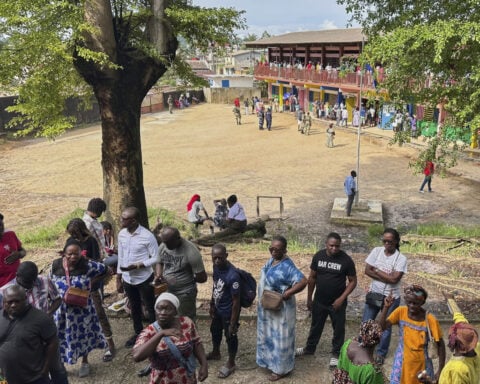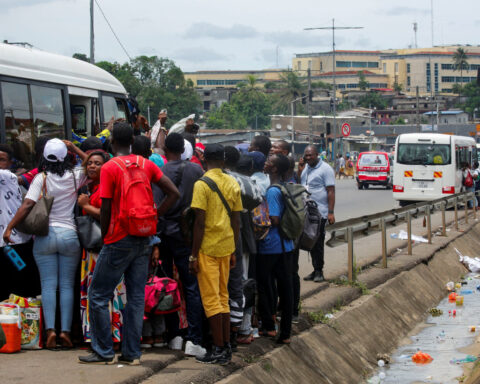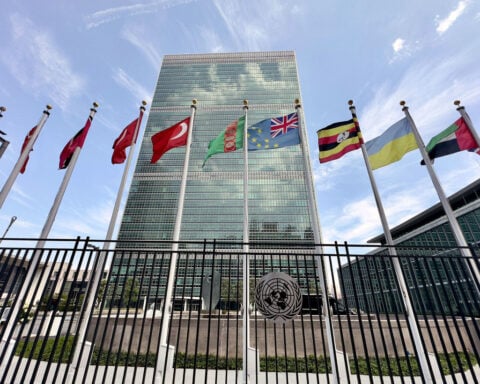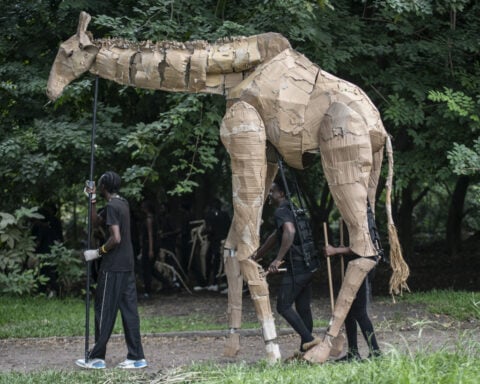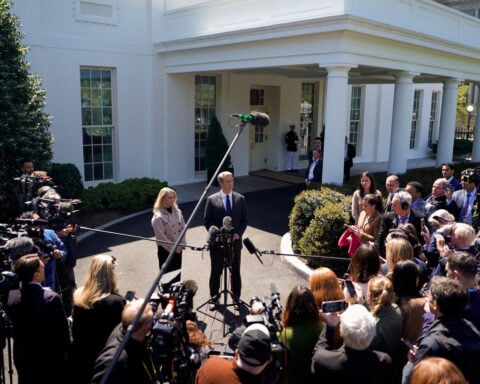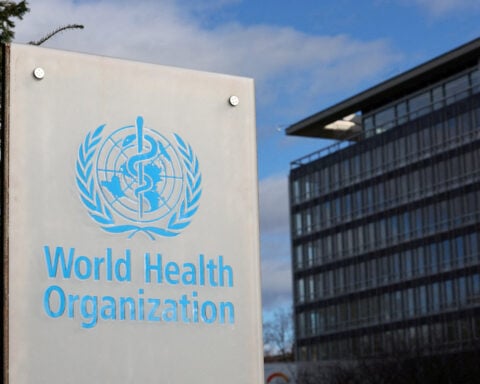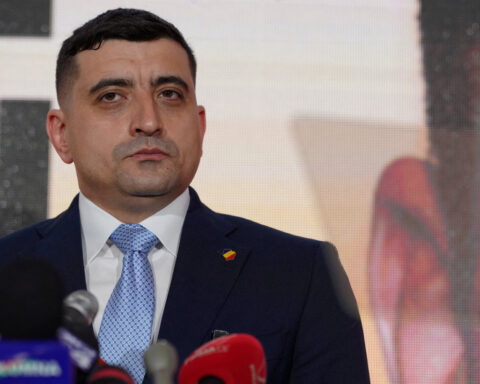By Michael Georgy and Jana Choukeir
DUBAI (Reuters) - Arab states formally support the Palestinian cause but security, regional and sectarian tensions have strained their ties with the Palestinians scattered across the Middle East, leading to political and military crises.
JORDAN
Jordan was one of the countries to receive large numbers of Palestinian refugees when at least 700,000 Palestinians fled or were forced from their homes around Israel's foundation in 1948.
After Israel won the 1967 Arab-Israeli war, the Palestine Liberation Organisation (PLO), headed by Yasser Arafat, moved to Jordan. From there it carried out cross-border attacks on Israel and threatened the rule of King Hussein.
King Hussein, who survived an assassination attempt after gunmen opened fire on his motorcade in 1970, hit back, and a civil war erupted.
Thousands of people were killed and the Palestinians were expelled to Beirut.
In 1994, Jordan became the second country after Egypt to sign a peace treaty that normalised ties with Israel.
LEBANON
A multi-faceted civil war erupted in 1975 in a deeply sectarian Lebanon after the PLO resettled there from Jordan.
Palestinian refugee camps became a regular target of Israeli, Syrian and Lebanese militias as they fought for control of the country once called the Switzerland of the Middle East.
In one of the worst atrocities of the 15-year conflict, Lebanese Christian militiamen backed by Israel massacred at least 800 Palestinian civilians at the Sabra and Shatila refugee camps.
While Lebanese authorities publicly advocate for the rights of Palestinian refugees, state policies that restrict their civil rights have been criticised by human rights organizations.
The government maintains that these policies are intended to prevent the permanent resettlement of Palestinians in Lebanon, thereby supporting their eventual return to their homeland.
EGYPT
The most populous Arab state has always regarded itself as a champion of the Palestinians. Egypt has mediated between Israel and Hamas in the Gaza war that began in 2023, playing a similar role in past conflicts and peace negotiations.
Cairo is well connected to Palestinian factions including Hamas, which controlled Gaza from 2007.
However, Hamas is an offshoot of Egypt's Muslim Brotherhood, the Islamist group that President Abdel Fattah al-Sisi crushed after removing the Brotherhood's Mohamed Mursi from the presidency in 2013.
Egypt's priority has been to maintain security between Gaza and the Sinai Peninsula, where it has largely beaten back an insurgency. Egypt helped Israel maintain a blockade of Gaza after Hamas took power.
Egypt was the first Arab state to make peace with Israel in 1979. Palestinians living in Egypt say they faced increasing bureaucratic and security challenges from around this time.
UNITED ARAB EMIRATES
The wealthy regional power became the most prominent Arab nation to establish diplomatic ties with Israel in 30 years under the U.S.-brokered Abraham Accords in 2020.
That broke a taboo on normalising relations without the creation of a Palestinian state that had held since Jordan's peace deal.
Abu Dhabi has been a fierce opponent of Islamist groups across the region, including in Egypt, Sudan, and Libya.
Israel and the UAE have developed close economic and security ties, including defence cooperation.
SUDAN
Khartoum was long remembered by Israelis as the city where the Arab League in 1967 proclaimed its "Three No's" resolution on Israel - no recognition, no peace and no negotiations.
But in October 2020 Sudan agreed to normalize relations with Israel, a decision driven by the prospects of economic relief, removal from the terrorism sponsors list, and broader international integration.
In return, U.S. President Donald Trump's first administration agreed to remove Sudan from its list of state sponsors of terrorism, a designation that had isolated Sudan from the global economy.
Sudan's military led the move towards establishing relations with Israel. Civilian groups, later sidelined by a coup and a civil war, were more reluctant.
KUWAIT
Relations between the PLO's Arafat and Kuwait were broken over his perceived sympathy for Iraqi President Saddam Hussein's decision to occupy his small Gulf Arab neighbour in 1990.
Kuwait had been an important supporter and funder of Arafat, who launched his Fatah movement while working there in 1964.
After the U.S.-led war which defeated the Iraqis, hundreds of thousands of Palestinians were coerced into leaving or expelled outright, amid hostility from Kuwaitis who suspected them of disloyalty.
IRAQ
Under Saddam Hussein, Palestinians enjoyed subsidised housing, free education and the right to work - rare privileges for foreigners.
After Saddam's downfall in 2003 they experienced persecution, violence and expulsion by newly powerful Shi'ite militias amid the backlash against Sunni rule.
(Writing by Michael Georgy; Editing by Aidan Lewis)

 Trump has begun another trade war. Here's a timeline of how we got here
Trump has begun another trade war. Here's a timeline of how we got here
 Canada's leader laments lost friendship with US in town that sheltered stranded Americans after 9/11
Canada's leader laments lost friendship with US in town that sheltered stranded Americans after 9/11
 Chinese EV giant BYD's fourth-quarter profit leaps 73%
Chinese EV giant BYD's fourth-quarter profit leaps 73%
 You're an American in another land? Prepare to talk about the why and how of Trump 2.0
You're an American in another land? Prepare to talk about the why and how of Trump 2.0
 Chalk talk: Star power, top teams and No. 5 seeds headline the women's March Madness Sweet 16
Chalk talk: Star power, top teams and No. 5 seeds headline the women's March Madness Sweet 16
 Purdue returns to Sweet 16 with 76-62 win over McNeese in March Madness
Purdue returns to Sweet 16 with 76-62 win over McNeese in March Madness
